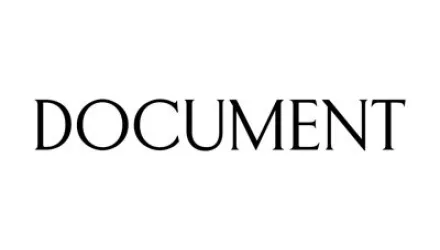Euro-View
As part of their Lisbon Summits of November 2010, both the EU and NATO prioritized securing cyberspace as key to the collective security of Europe and of the alliance. Separately, each organisation is making incremental progress, but if the EU and NATO combine the power and resources of both organizations, they could achieve a far more effective response to cyber threats.
At the end of September 2011 both the EU and NATO announced plans for their respective incident response centres. The NATO Cyber Incident Response Center (NCIRC) should obtain full operational capability for 24/7 incident detection and response capabilities across NATO organisations and infrastructures by the end of 2012. It took 10 years to achieve this vision (originally conceived as part of the Prague Summit in 2002) and its success requires the cocommitment of NATO and national funds from the allies.
Meanwhile, on 22 September the European Commission launched the standup of the Computer Emergency Response Team (CERT)-EU. Its mandate will be similar to the NCIRC: to provide operational incident management for EU institutions. Today, CERT-EU offers access to technical advice and security-related news and advisories. Once this EU initiative obtains greater capability, information should flow freely between this and the national CERTs across the 27 EU member states....
Continue reading: http://www.seceur.info/en/euro-view-cybersecurity.html
Hathaway, Melissa. “NATO and the EU in Cyberspace: The Power of Both for the Good of All.” Security Europe, November 2011
The full text of this publication is available via Security Europe.



